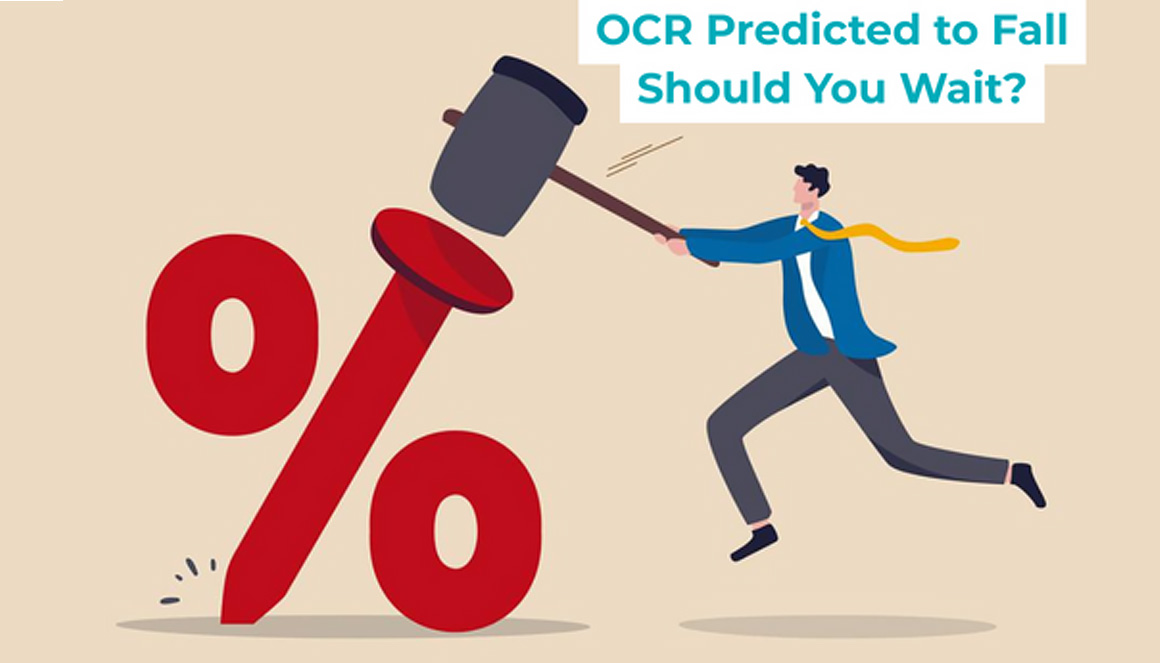What Happens to Interest Rates When the OCR Changes?

If you’re a homeowner or thinking about getting a mortgage, you’ve probably heard about the OCR — the Official Cash Rate. But what exactly is it, and how does it affect your home loan interest rate? As Mortgage Advisers, we often get asked this question, so here’s a clear explanation of how OCR changes influence interest rates.
What is the OCR?
The OCR is the interest rate set by the Reserve Bank of New Zealand (RBNZ). It’s the rate at which banks borrow and lend money to each other overnight, and it acts as a key tool for controlling inflation and supporting economic stability.
The RBNZ reviews the OCR seven times a year, and adjusts it depending on how the economy is performing.
For example:
- If inflation is too high, the RBNZ may increase the OCR to slow down spending and borrowing.
- If the economy needs stimulation, the RBNZ may cut the OCR to encourage borrowing and investment.
How OCR Changes Affect Interest Rates
Banks use the OCR as a base when setting their own interest rates. When the OCR moves, here’s how it typically flows through to mortgage interest rates:
Floating and Short-Term Fixed Rates
These are the most directly affected by OCR changes.
- OCR goes up → Banks often raise floating rates and short-term fixed rates (e.g. 6-month or 1-year).
- OCR goes down → Banks may lower these rates to remain competitive and reflect cheaper borrowing costs.
So, if you’re on a floating mortgage, a change in the OCR could impact your repayments almost immediately as it’s directly linked to the OCR.
Long-Term Fixed Rates
Longer-term fixed rates (e.g. 2-5 years) are influenced more by what the market expects to happen to the OCR over time rather than the rate today.
For example:
- If the OCR is expected to rise in the future, banks may already price that into longer-term fixed rates.
- Conversely, if the OCR is expected to fall, you may see longer-term fixed rates drop ahead of time.
What This Means for Your Mortgage
If you’re refixing your mortgage or considering a new home loan, OCR movements are worth paying attention to. Here’s why:
- A rising OCR could mean higher repayments if you’re on a floating or short-term fixed rate.
- A falling OCR may present opportunities to secure a lower interest rate.
However, interest rates are also influenced by other factors like international financial markets, competition between banks, and funding costs. That’s why it pays to speak to a mortgage adviser who can help you interpret the wider picture and choose the right strategy for your situation.
Currently, with the OCR predicted to fall at the end of the month it’s suggested to wait until changes may occur to lock things.
This may mean floating for a short period of time as Banks often may take time to move on fixed rates.
Want Help Navigating Interest Rates?
If you’re unsure whether to go fixed, floating, or a mix of both — especially during a period of OCR changes — get in touch. We can help you understand your options and find the right mortgage structure based on your goals and risk comfort.
Let’s chat and make sure your loan is working for you, not the other way around.
Visit our website www.mortgageadvice.co.nz to book a time to talk.
Need mortgage or insurance advice?